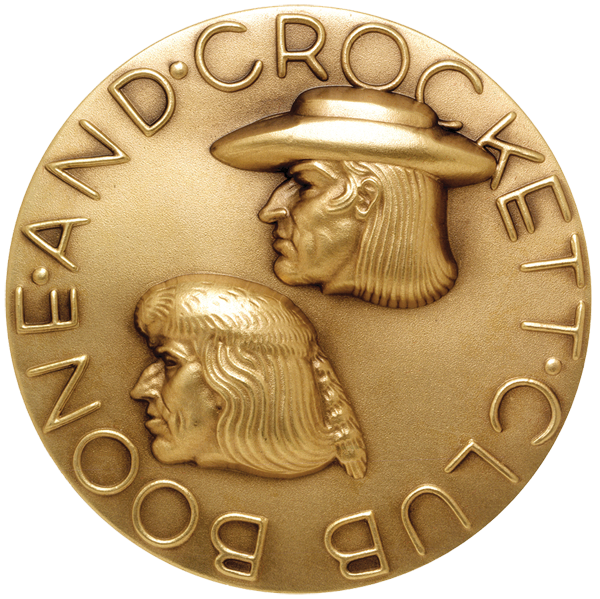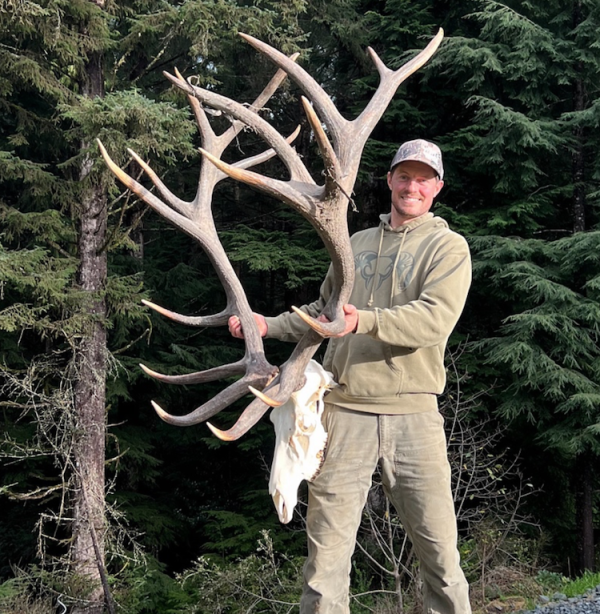Boone and Crockett Club Response to Sale of Public Lands in Reconciliation Bill

The House Committee on Natural Resources’ budget reconciliation bill would sell public land and send the proceeds to the Treasury. The Boone and Crockett Club objects to this – as we have said we would do. In budget reconciliation, the Treasury is the only allowable destination for revenue. Under existing law or regular congressional direction, revenue from land transactions goes into a fund for the betterment of public lands. This is how it should continue to be.
As the oldest conservation group in the country, founded by Theodore Roosevelt, we see from the perspective of our long view of American conservation another important point: The existing laws for selling and exchanging appropriate parcels of federal land should be available to be exercised expeditiously. They are not.
Existing laws for sales and exchanges offer the public a role in evaluating and offering views on transactions through detailed scrutiny of maps and terms. Without that diligence, which is curtailed in budget reconciliation, the public cannot meaningfully consider and influence the net value of transactions to hunting access, habitat conservation, and other land uses. However, public involvement does little good if those avenues are too slow and rarely followed to completion, as they presently are. In each case, the country is foregoing the benefits to the public land system and adjacent communities of appropriate sales and exchanges.
Federal agencies have identified many parcels for which sale or exchange would improve the land system, notably by rectifying perennial land use conflicts caused by the so-called “checkerboard lands” that are a legacy of railroad land grants issued more than a century ago. Many of these parcels are in Nevada and Utah, where the House reconciliation bill is focused.
Congress also regularly identifies worthy transactions. The Senate in the last Congress accumulated at least 89 land bills but could not gain enough support for them in the House, voting on them when already too late for final passage. Many of these bills promised improvements to public lands that, beyond sales and exchanges, enhance outdoor recreation of many kinds.
The House reconciliation bill is indicative of the frustration that builds when even good intentions are defeated by government’s inability to act. Selling or exchanging public land requires the same years- or decades-long process of analysis and approval that currently suppresses so much agency activity. We have long supported an improved and faster process for forest and other habitat management, and we support the same for land transactions.
The Boone and Crockett Club sees the House reconciliation bill as the wrong approach to a real problem. We urge Congress to remove the land sale provisions from the bill and work instead to expedite routine transactions under existing laws.
About the Boone and Crockett Club
Founded by Theodore Roosevelt in 1887, the Boone and Crockett Club promotes guardianship and visionary management of big game and wildlife in North America. The Club maintains the highest standards of fair chase sportsmanship and habitat stewardship. Member accomplishments include enlarging and protecting Yellowstone and establishing Glacier and Denali national parks, founding the U.S. Forest Service, National Park Service and National Wildlife Refuge System, fostering the Pittman-Robertson and Lacey Acts, creating the Federal Duck Stamp program, and developing the cornerstones of modern game laws. The Boone and Crockett Club is headquartered in Missoula, Montana. Click here to learn more about the Boone and Crockett Club.







